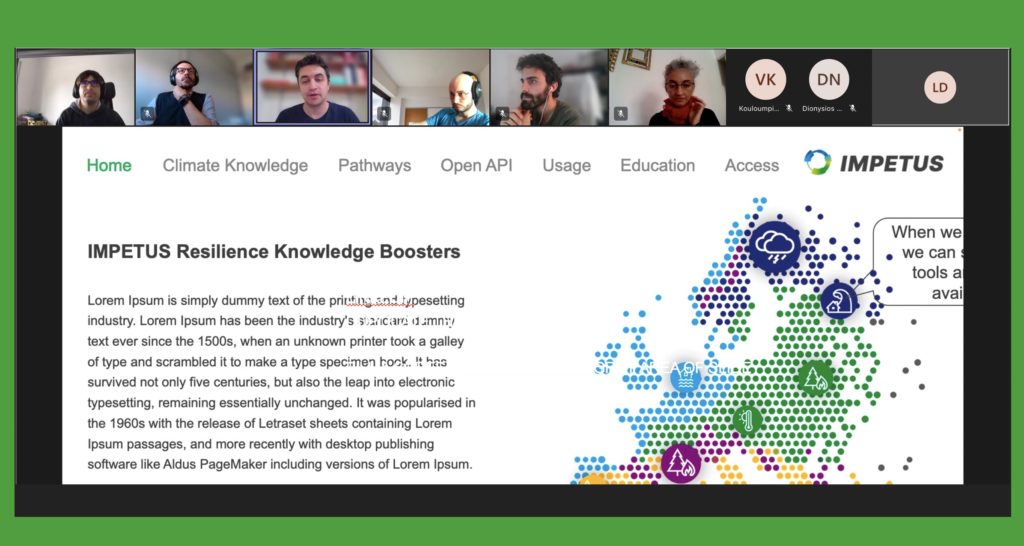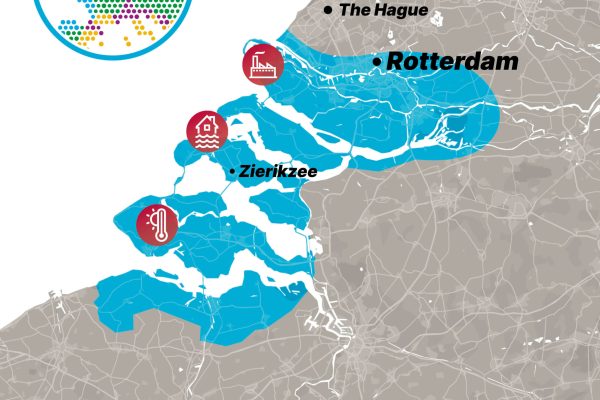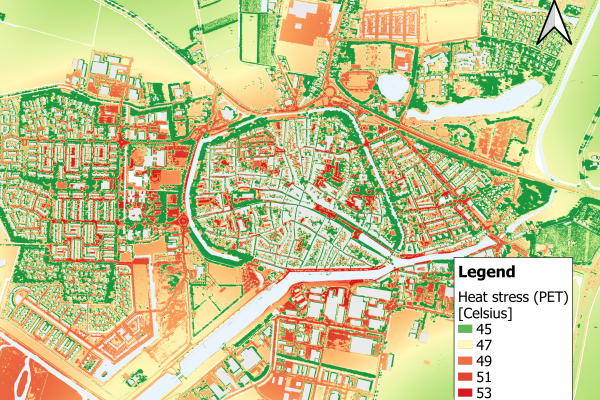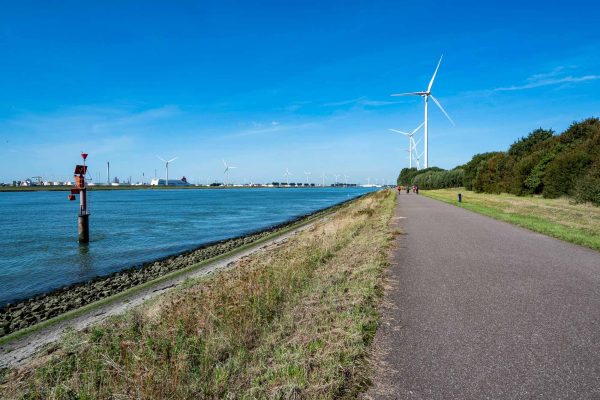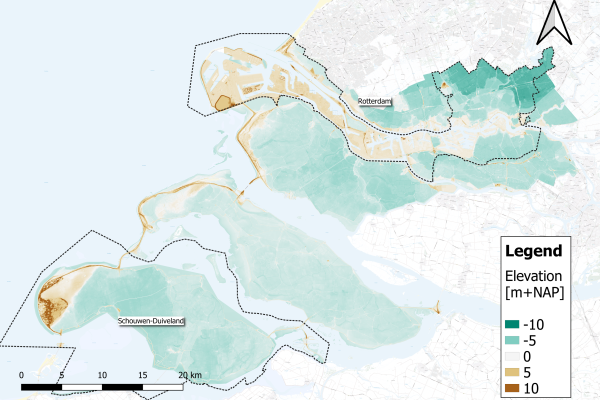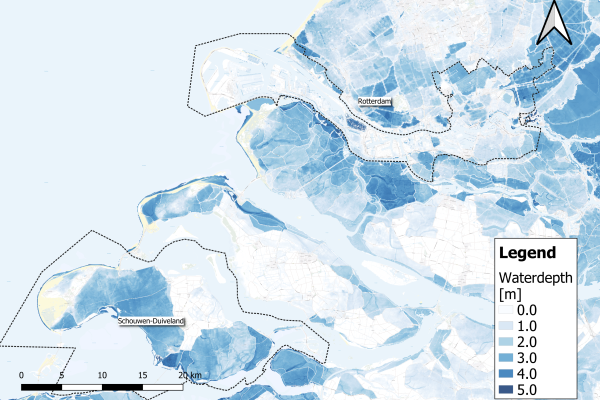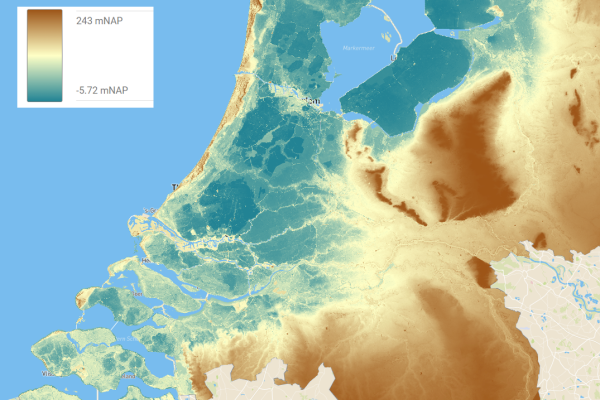Engaging citizens, businesses, governments and other sectors in adapting to local climate change impacts is a central concern in the EU-funded IMPETUS project. But how should decisions be made, using what tools, and based on what data and scenarios? By combining human inputs and innovative digital solutions, the project will boost knowledge about resilience and adaptation to climate change. The first challenge – to shape the technical architecture for the digital dimension of these ‘Resilience Knowledge Boosters’ (RKBs) – has now taken its first significant step forward.
In a meeting on 27 April 2022, participants representing 5 of the project’s work areas reviewed and agreed the fundamental RKB digital architecture proposal. They also explored how it could best interact with the human dimension, such as interactions with regional stakeholders whose feedback will support development of the digital dimension and ultimate use of the RKB knowledge hubs in decision making. This will support regional adaptation and planning in the project’s 7 European demonstration sites and beyond.
“I am glad the general structure was accepted. It’s good to start circulating the ideas for the digital ‘blocks’ and connections and to see the first mock-up of the user interface.”
Andrea Marinoni (UiT Norwegian Arctic University) who devised the initial IMPETUS RKB digital architecture proposal
Unlocking further developments
Andrea Marinoni leads IMPETUS work to assess and define methodologies and coordinate the development of regional adaptation ‘pathways’ and innovation packages that align with regional stakeholder needs and engagement. He acknowledged that the meeting discussion provided clarifications and new ideas for his area of the project.
Christos Makropoulos (NTUA, National Technical University of Athens) heads IMPETUS development and validation of methodologies and tools for assessing regional climate change exposure and risks. He reported progress on a visual representation of a key modelling process, as well as ongoing activity to define the kinds of climate change adaptation interventions that regional planners may wish to see incorporated into the scenarios they can explore within the RKBs.
The architecture proposal was evolved and presented by Aitor Corchero (Eurecat Technology Centre of Catalonia), who is the IMPETUS technical coordinator and leader of the project team working on its digital framework.
“We are aware of other initiatives for climate action group talks and decision making, how to present climate impacts to user groups so they can visualise and interact with the data. We will ultimately provide tutorials on how to use the RKBs, a guided tour for educational purposes and other support such as how to use online notebook tools to work with the data.”
Aitor Corchero (Eurecat Technology Centre of Catalonia), IMPETUS technical coordinator and leader of work on its digital framework
Coordinating on the ‘human dimension’
Work to support the human dimension of the resilience knowledge boosters is being led by KWR Water b.v. (stakeholder engagement) and ESCI, the European Science Communication Institute (communications, collaboration and dissemination). Eurecat is ensuring overall coordination of RKB human and digital dimension development activities in its capacity as overall project manager of IMPETUS.
Further information
See more information as it develops about IMPETUS RKBs and solutions, or participate in one of our 7 regional engagement surveys (in local languages).
